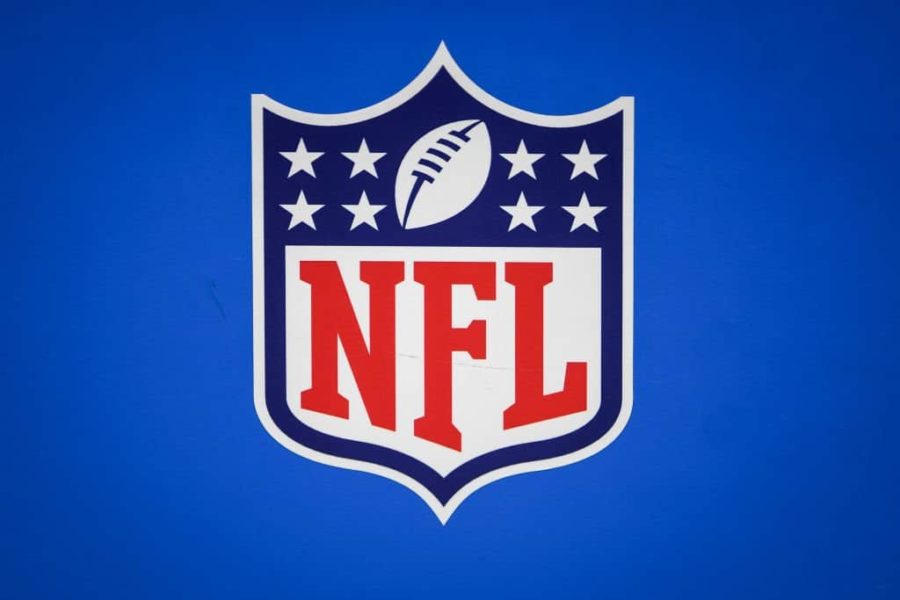The History of the Super Bowl
January 23, 2023
The Super Bowl, in U.S. professional gridiron football, refers to the championship game of the NFL, played by the winners of the league’s American Football Conference and National Football Conference. The game is hosted by a different city each year, and tends to fall in February.
The game grew out of the merger of the NFL and rival AFL in 1966. The agreement called for an end-of-season championship game, and, although the merger was not finalized until 1970, the first such game, then called the AFL-NFL World Championship Game, was played at the Los Angeles Memorial Coliseum on January 15, 1967.
The first game was broadcast on two television networks and played before less than a sellout crowd. The game saw the NFL’s Green Bay Packers defeat the AFL’s Kansas City Chiefs, 35–10. The name “Super Bowl” first appeared in 1969, as did the use of Roman numerals, which, because the game is played in a different year from the season it culminates, are used to designate the individual games.
Notable Facts
The New England Patriots have been to more Super Bowls than any other team, and are tied with Pittsburgh Steelers for most championships.
On the other hand, these teams have never been to a Super Bowl: Cleveland Browns, Detroit Lions, Jacksonville Jaguars, and Houston Texans.































